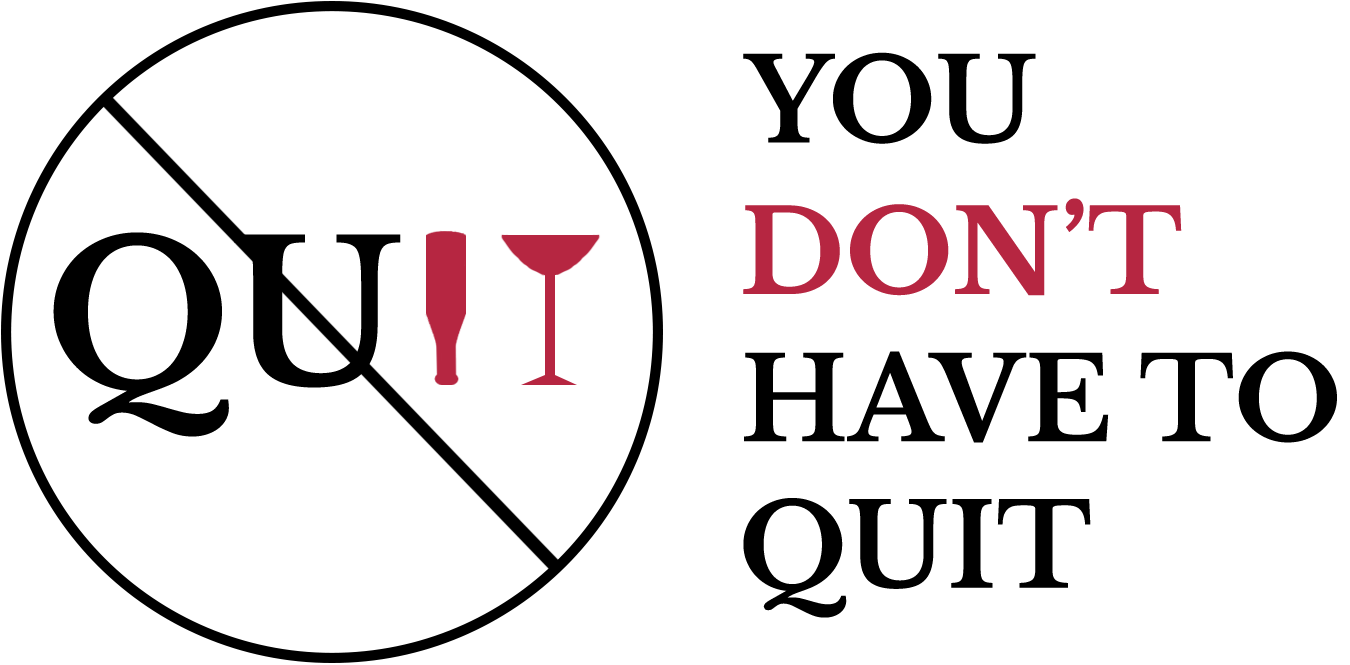
You Don’t Have to Quit
20 Science-Backed Strategies to Help Your Loved One Drink Less.
Help Your
Loved One Drink Less.
Reduce Your Stress
Save Your Relationship.
Order NOw:

Maureen and Mike Talk You Don’t Have to Quit on CBC Radio’s The Current
The evidence suggests the road to a healthier relationship with alcohol doesn’t always have to start with total abstinence. CBC’s The Current host Matt Galloway’s challenging questions sparked a provocative discussion with Maureen and Mike about how to have a “Dry-er January.”
This Book Is For Anyone Who Loves Someone Who Drinks Too Much
In a world that glorifies alcohol – from signature cocktails to craft beer – helping a loved one who drinks too much is like swimming upstream. Conventional wisdom convinces us the only solution is abstinence. So we plead and nag and threaten while they barrel towards the bottom we’re told they may have to hit. That approach inevitably causes more shame which causes more drinking which causes more confrontation which causes more shame which causes more drinking. You get the picture. Author and filmmaker Maureen Palmer has been there and she’s found a better way.
In You Don’t Have to Quit, Palmer shifts the century of cultural conditioning that is our all-or-nothing mindset of alcohol consumption, to one that encourages positive change and harm reduction. Her twenty practical, science-backed strategies provide a framework that can be applied whether your partner drinks a few too many every night or suffers from an alcohol use disorder. Palmer interviews world experts who’ve created successful tools, techniques, and resources designed to support real and lasting behavior change. These tools will make you much more effective in one life’s most difficult conversations: the one about drinking too much.
With refreshing candour, Palmer debunks powerful myths about those who develop alcohol dependence. Those myths create the shame and secrecy that breeds the lies and conflict that kills relationships. Whether getting your loved one to drink less, or quit entirely, is a shared goal -or you want to understand how to influence them in that direction, this is the roadmap out of conflict, into collaboration and reduced consumption.

Praise for You Don’t Have to Quit

About Maureen
Having spent my entire career in communications, first as a journalist with the Canadian Broadcasting Corporation, then as an independent filmmaker, I thought I was a pretty good communicator.
But the longer I was in my relationship with Mike, I realized when it came to substance use, I did not communicate effectively at all. In fact during and after Mike’s rare bouts of drinking, how I spoke to him about alcohol probably made things worse. And I’m not alone. When it comes to talking about alcohol use, most of us struggle. We end up having angry conversations, mostly when dependence has become deeply entrenched. Or because we don’t know how to talk about alcohol, we say nothing at all.
Yet researchers have created effective, evidence-based therapies proven to sustain behaviour change. And so few of us know about them. That’s why I wrote this book: to put these potentially life-saving tools directly in your hands. To get us all more comfortable talking compassionately about alcohol, so we’ll intervene early when we can be most effective. With science confirming no amount of alcohol is safe, with drinking increasing during and since the pandemic, with dramatic jumps in alcohol-related deaths, I wanted to help more of us learn to drink less.
